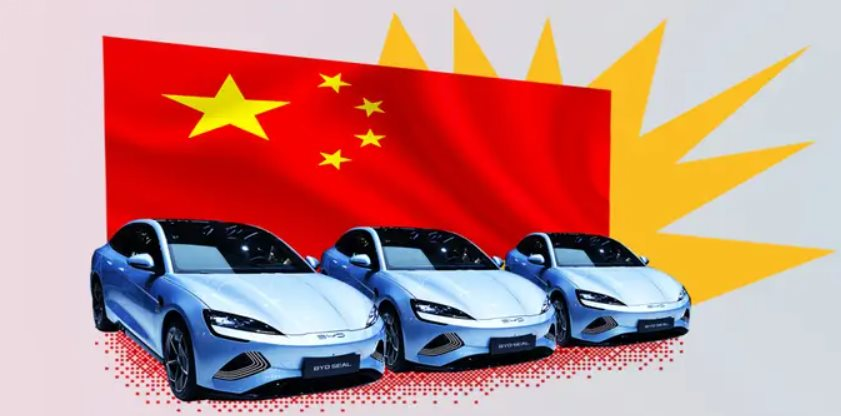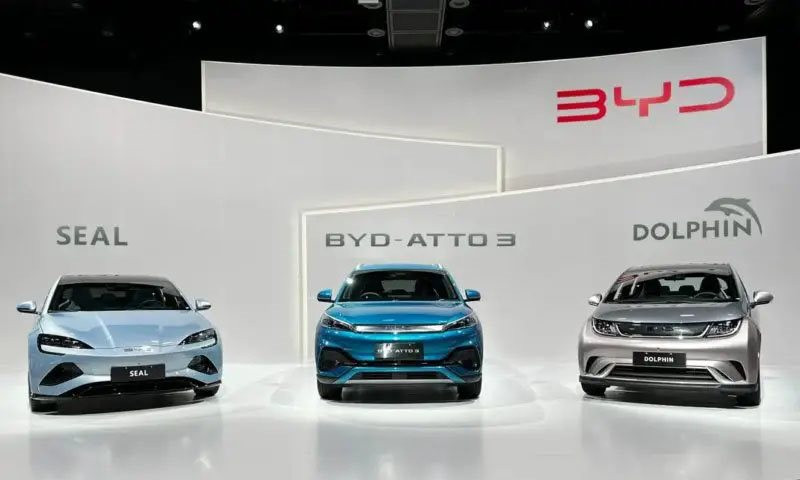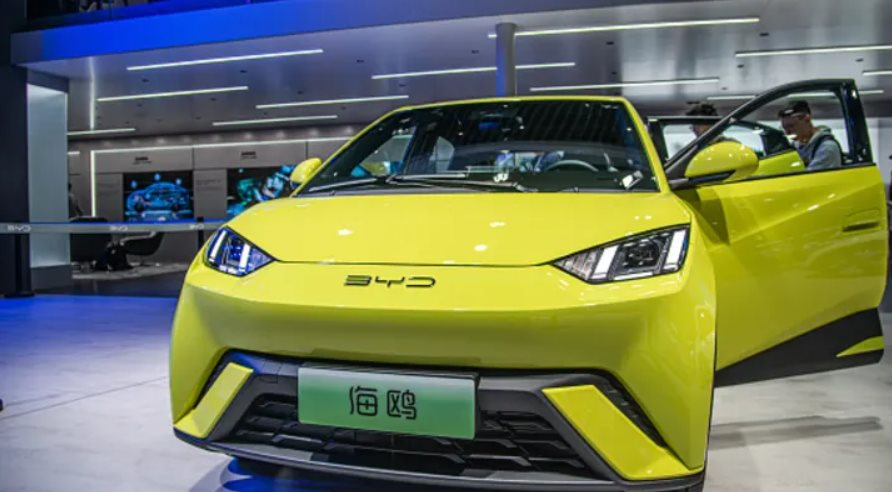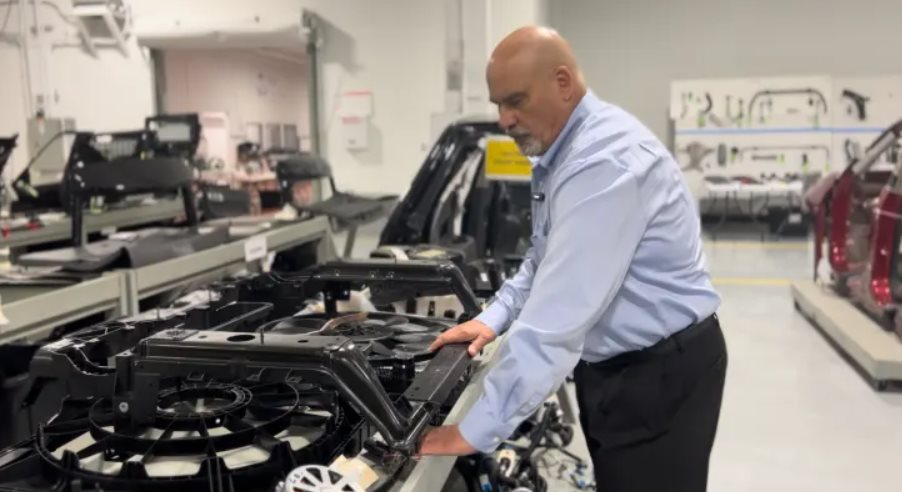The Rapid Development of China’s Electric Vehicles Could Threaten the US Market

The Rise of Chinese Electric Vehicles
A small electric vehicle is making a big impact on the global automotive industry. It’s not just the vehicle itself that is causing a stir, but also the potential disruption it could bring to the domestic automotive industry worldwide.
At the 2023 Shanghai Auto Show, BYD unveiled a model called the Seagull. With a starting price of just 69,800 Chinese yuan (approximately 239 million Vietnamese dong), the Seagull is expected to bring profits to the Chinese automaker. The expansion of Chinese automakers into Europe, Latin America, and other regions has executives from global car companies and politicians from Detroit and Texas to Germany and Japan concerned.
Although the Seagull is not yet available in the US market, BYD is expanding its presence globally, and some believe it’s only a matter of time before Chinese-made cars flood the US market. Global automakers are worried that Chinese competitors like BYD, backed by Warren Buffett, could saturate their markets, leading to reduced domestic production and lower car prices, ultimately harming the automotive industry.

The Power of BYD’s Electric Vehicles
Last year, BYD sold 1.57 million electric vehicles, a significant increase from the 130,970 electric vehicles sold in 2020. This growth in sales was enough to surpass Tesla and establish BYD as the world’s largest electric vehicle manufacturer by the end of 2023.
The rapid development of BYD and other Chinese automakers prompted Tesla CEO Elon Musk to warn in January that Chinese automakers could “overwhelm global competitors without trade barriers.”
Small but Mighty
The range reported for the BYD Seagull is about 190 miles per charge, approximately 305 kilometers, or 250 miles for certain models. While this range may not be groundbreaking compared to other electric vehicles, the real difference lies in the structure, battery, and component supply of the BYD Seagull, according to Caresoft, a company that specializes in vehicle analysis.
Caresoft’s initial research on the BYD Seagull showed that it is designed and constructed efficiently, with simplicity and superior quality that meets expectations. Despite its low price, BYD still manages to generate profit from the Seagull or break even at the very least. However, to sell the Seagull in the US, BYD will have to meet the country’s requirements, which could increase the cost of the vehicle. Nevertheless, it could still enter the US market at a significantly lower price compared to the average price of electric vehicles in the country, which is around $52,000 according to Cox Automotive.

Concerns About Market Share
As Chinese automakers expand, traditional US automakers are facing challenges in both the domestic and Chinese markets. Their decline in the US market coincides with the presence of Japanese automakers such as Toyota Motor, Nissan Motor, and Honda Motor, as well as more recently, the South Korean automotive giant Hyundai Motor and Kia.
According to industry data, the three major US automakers – GM, Ford, and Chrysler, now owned by Stellantis, have seen their market share in the US decline from 75% in 1984 to around 40% in 2023. Florida Senator Marco Rubio has proposed a significant increase in import tariffs on Chinese-made cars to $20,000 per vehicle to limit their market presence in the US.
To compete with Chinese brands like BYD, Terry Woychowski, Chairman of Caresoft Global, believes traditional automakers need to learn, adapt, and change quickly. He emphasized that companies like Detroit automakers have processes and standards that have spanned centuries, and they need to rethink their strategies to compete effectively with Chinese automakers before vehicles like the BYD Seagull flood the US market.

In conclusion, the rapid development of Chinese electric vehicles, particularly BYD’s Seagull model, poses a potential threat to the US automotive market. The affordability and competitive features of these vehicles, along with the advanced battery technologies developed by Chinese manufacturers, have raised concerns among global automakers. As the Chinese electric vehicle industry continues to grow, US automakers must adapt quickly to remain competitive in a changing landscape.
